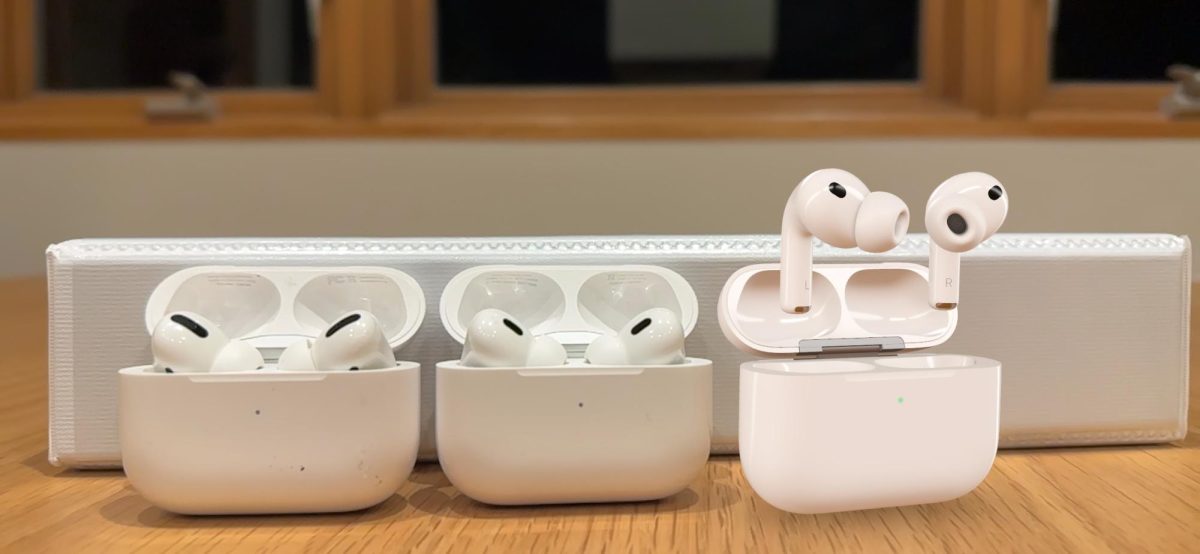In a large part of the U.S., menstrual products are considered luxury items, not necessities. This classification gives states the power to tax period products as they would items like make-up and toys, which are real luxuries. Around 16.9 million American women who menstruate live in poverty, many of whom can not afford these high-taxed products. It is essential that period products should be free on a national level so that these women can afford these products that are necessary for menstruation.
Some would say that free menstrual products would be too costly and have a negative impact on the nation’s economy. However, the effect of free period products would actually be the opposite as the lack of these products severely impacts many women’s education and career prospects.
Historically, and still today, periods have been an “uncomfortable” topic in society. Many students are scared to advocate for their need for these products. Even more so, these girls will choose not to attend school during their periods due to a lack of resources. The choice to skip school can lead to a decline in grades, disinterest in their academic future, and dropping out. There is a clear link between socioeconomic and career success, therefore girls from weaker financial situations will not get the education they need to rise up out of poverty. Less educated women, female workers, and women spending money hurt the overall economy. By making period products free, girls will feel more comfortable attending school and become more confident when advocating for their needs in the long term.
The current lack of acceptance around menstruation in American society can have negative mental impacts on women no matter their financial status. If women feel the need to hide their periods or are embarrassed to discuss them, stress and loneliness with women may increase. Many may feel alone or “weird” – 58% of women say they feel embarrassed and 42% claim they feel shame when on their periods. Almost every woman can relate to hiding a tampon or pad in their sleeve while going to the bathroom in fear of it being seen. If period products were made free and easily accessible to women, menstruation would become more visible and with time less stigmatized due to increased acceptance that it’s a monthly occurrence for every woman.
Many schools across the country, including Aspen High School, have started providing free menstrual products in the women’s bathrooms – the impacts have been profound. Audrey Woodrow, a founder of the AHS Gender Equity Club helped to supply these products and has seen the success.
“I’ve gotten a few Instagram DM’s, when we first did it, like ‘you saved me today’,” said Woodrow.
This gratefulness from the girls at our school shows how much free menstrual products are appreciated and needed by women everywhere. Whether because of financial situations, access, location, or confidence to get the resources they need, no women should have to fear getting their period and not having access to products.


























